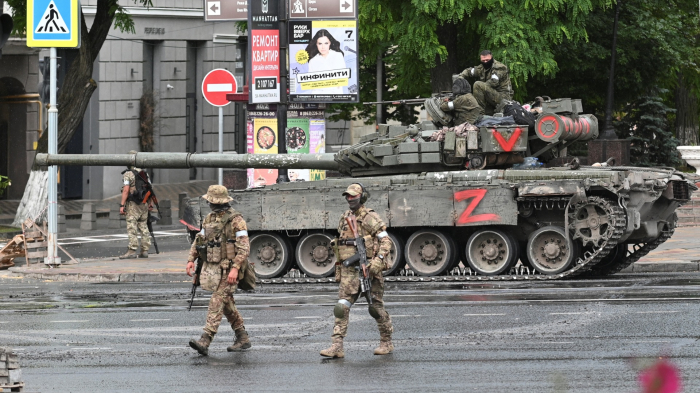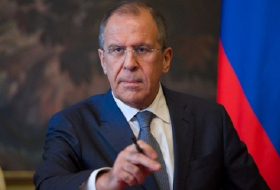German broadcasters WDR and NDR said in their exclusive news that the BND was aware of the rebellion and had an "uncertain hint" a week before it.
The BND contacted the intelligence services of its allied countries but was unable to confirm the information, thus Chancellor Olaf Scholz was not immediately informed, according to the broadcasters.
The German foreign intelligence service only informed its government the night before Wagner Group mercenaries invaded the city of Rostov and Russian military facilities, the broadcasters said.
German intelligence services also spied on the paramilitary Wagner Group’s chief Yevgeny Prigozhin's discussion with Belarusian President Alexander Lukashenko, according to these media outlets, which in their exclusive reporting criticized the BND for not informing the German government on time.
On June 24, the Wagner Group accused Russian forces of attacking its fighters, moving them from Ukraine to the Russian city of Rostov-on-Don.
Russian authorities labeled it “an armed rebellion” and initiated a criminal case, while President Vladimir Putin denounced it as an act of “treason.”
The very next day, Wagner leader Yevgeny Prigozhin and his fighters were 200 kilometers (125 miles) away from Moscow when they decided to retreat to avoid violence.
Belarusian President Alexander Lukashenko acted as a mediator, saying he engaged with Prigozhin to help the two sides reach a quick solution.
More about:
















































